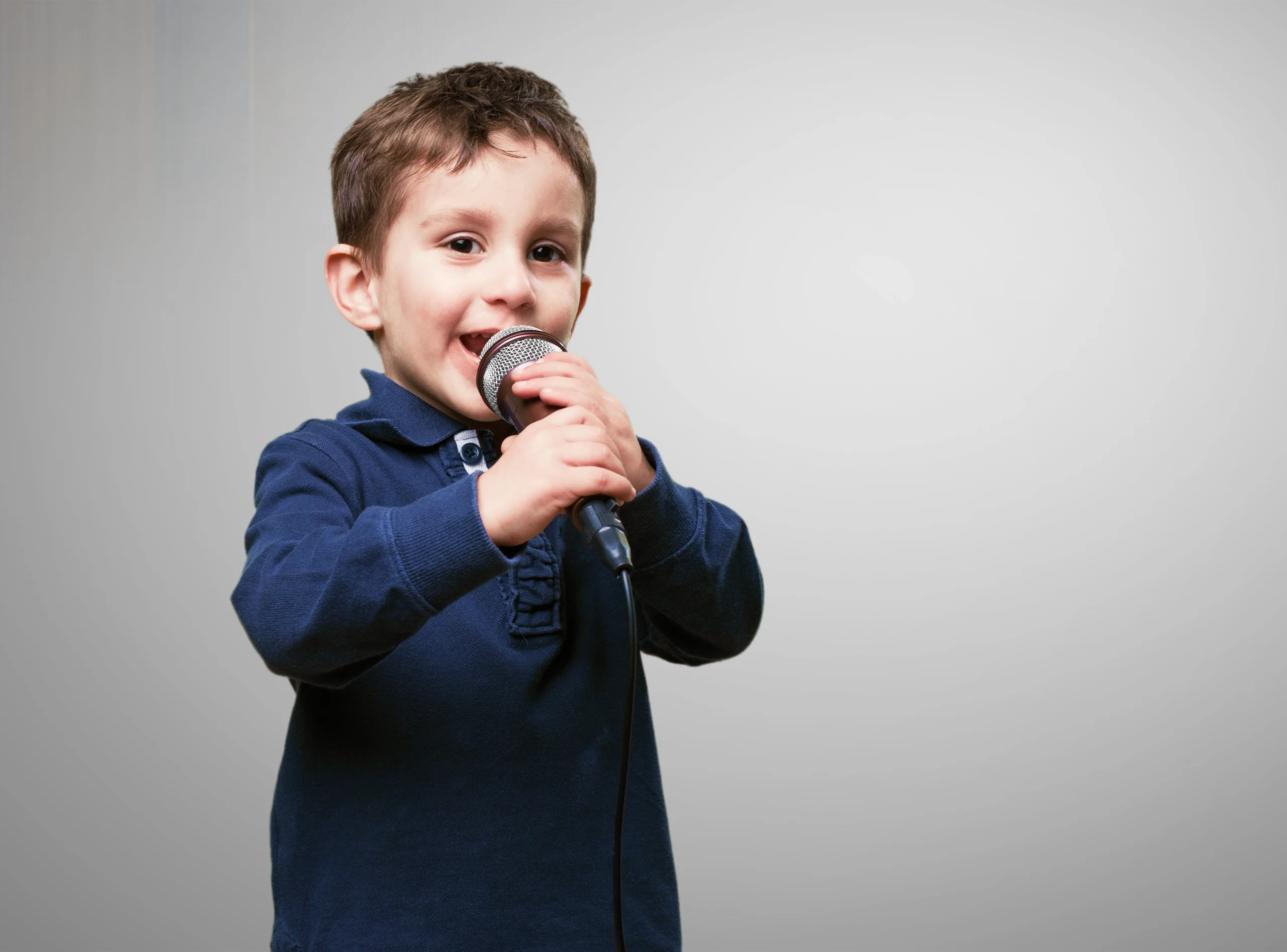If getting nervous and stuttering during a class presentation was an Olympic sport, most students would bag medals home. But what if I tell you knowing how to speak and how to hold a crowd’s attention can be learnt and be good at it at the same time?
At EduJunior, we believe in shaping your child’s voice, building their confidence and preparing them for their future. EduJunior’s public speaking competition is all about helping your child find their voice and express it freely.
This guide will walk you through simple and fun ways your child can learn how to speak with assertion while enjoying the process.
Why is it important to know how to speak well? You probably think of this question too and the answer goes beyond just using the right words. When children learn to speak clearly, they’re better able to say what’s on their mind. It helps them connect with others and sometimes even make an impact.
Why Should Anyone Learn How to Speak Well
Whether they’re joining a class discussion or speaking at a school event, strong speaking skills make a difference. Kids feel more confident, and they often find it easier to take part in both schoolwork and social situations.
Here’s why strong public speaking skills matter:
- It builds confidence. When children can say what they mean, they feel more sure of themselves.
- It supports academic growth. Group work and presentations don’t feel as intimidating.
- It improves friendships. Clear communication makes it easier to get along with others.
- It prepares them for the future. Almost every job benefits from strong speaking skills.
With consistent practice and the right support, any child can improve how they speak and feel good doing it.
How to Speak with Confidence: Simple Steps for Kids
Learning how to speak doesn’t have to be complicated. In fact, it can be fun! Below are a few child-friendly steps that can help make speaking a more natural and enjoyable experience.
1. Start with Listening
Good speakers are always good listeners first. To know how to speak, one must observe how others speak. Ask your child to pay attention to how their teacher, friend and other people are speaking. Help them understand their pauses between words, pitch and tone. This helps children understand the rhythm of speaking and builds a foundation for their own style.
2. Practice Speaking Daily
Just as any other skill, knowing how to speak also requires efficiency and practice. Daily speaking activities create a safe space to try new words and build fluency. Help your child to:
- Read aloud from story books or textbooks
- Talk about their day at the dinner table
- Practice giving short “mini speeches” about their favorite topic.
3. Take A Moment Before You Speak
In some situations, kids might feel pressure to respond immediately. But giving themselves a second to think can help them feel more sure of what they want to say and how they want to say it.
When kids learn that it’s fine to stop and gather their thoughts, they start to speak with more care. Their words come out clearer. They feel more in control. And they don’t end up rushing just to fill the silence.
A simple trick? Break your speech into three parts. This structure makes speaking easier and more organized:
Start (introduce your point),
Middle (give details),
End (wrap it up)
4. Use a Clear and Calm Voice
It is common that people often speak too fast when they’re excited or nervous. Remind your child to:
- Breathe before starting
- Speak slowly and clearly
- Use expressions to sound natural, not robotic.
- You can even turn this into a game where you ask them to pretend they’re their favourite actor or cartoon character and add fun while practicing!
How to Speak in Different Situations
As children grow, they’ll face different scenarios that require unique speaking skills. Here’s how to prepare them for each:
1. Classroom Presentations
These can be scary but with preparation, they become much easier.
- Practice with cue cards or visual aids
- Rehearse in front of family or a mirror
- Remind your child it’s okay to make mistakes because what matters is they are trying
2. Talking to New People
Meeting new friends or speaking to adults can feel awkward. Help your child by:
- Teaching basic conversation starters like “Hi, my name is…” or “What’s your favorite subject?”
- Practicing greetings and polite phrases at home
- Encouraging eye contact and a smile
3. Answering Questions
This is a skill often overlooked. Train your child to:
- Listen carefully to any question
- Give a clear and direct answer
- Say “I don’t know the answer for this at the moment but I’ll surely read up on it.”
Conclusion: All Children Are Capable of Learning to Speak
Knowing what and how to communicate is an enlightening and self-assuring experience for every child. Surely, you won’t see the results in a day but with the right amount of dedication and consistent dedication, every young learner can be a confident speaker. At EduJunior, we believe in developing not only academic abilities but also important life skills that prepare them for their future.
EduJunior’s Public Speaking Competition isn’t just about saying the right words. It’s about speaking with honesty and making sure your message is clear. It means sharing what you really think and feel in a way others can understand.
Start small. Practice often. And most importantly, try to enjoy the process.

